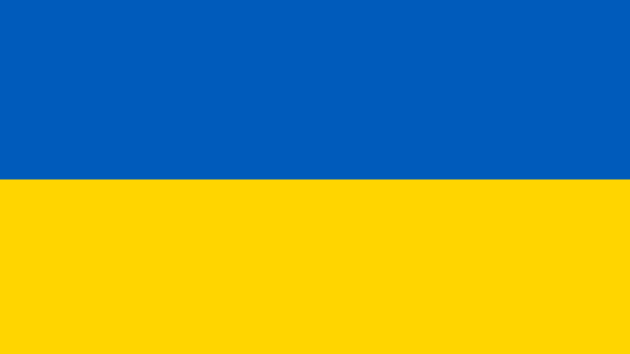Ukraine: Playing for the Long Term
It is an unusual event when a German Chancellor speaks to a joint session of both Houses of Parliament. This week Angela Merkel used the opportunity of her speech in Westminster to not only talk about the future of Europe but also – and very movingly – of the continent’s past. She bowed her head to the sacrifices of British servicemen in both wars of the twentieth century. And she spoke movingly of what might have been had the British nation not stood up to her own country in the darkest moments of the twentieth century.
Of course we are not all fated to replay the 1930s and most of Chancellor Merkel’s speech was rightly given over to the future. But there could hardly have been a better time for a demonstration of shared values to take place.
Because as Britain’s Parliamentarians sat listening to the German Chancellor, the very future of a state on the outskirts of Europe hung in the balance. After weeks of wrangling, Viktor Yanukovych – the elected leader of Ukraine – has fled. Part of his security apparatus literally got down upon their knees to beg forgiveness from the population it had been firing on earlier in the week, and the whole future of the nation remains in the balance. What can we take from all this? Many things. One is that there is in Ukraine, as there is in so many countries, not just one struggle but a set of struggles. It is not merely a divide between West and East, free and unfree societies. But it is partly that. The deposed Yanukovych now cropping up in Moscow is a reminder to us of that.
As every European state has learned at some time or another, the process of movement towards freedom is never smooth. And the extent to which outside actors can engage in shaping futures is unarguable. But in a struggle for values – a struggle for the hearts and minds of populations – one thing matters more than any other.
That is whether – when people say that they want to be part of what you are part of – you tell them to go away, or whether you embrace them and encourage them. Russia’s President Putin believes that the Ukraine lies in his sphere. Many people in Ukraine fervently disagree. To that extent there is undoubtedly a struggle over, and flexing of, wills. Of course autocrats can often seem reassuring in the short term, which is exactly when democracies can seem most distracted, flaky and worrisome.
But it is to the long term that we must all look.
And that is why it was doubly important to see Chancellor Merkel speaking in Westminster this week. For it was testament not only to the long-term strength of the world’s democracies, but a reminder that even the worst totalitarianisms can falter before the best freedoms.
RELATED COLUMNS:
Obama declares ‘happy hour’ with Dems minutes after Ukraine tough talk


